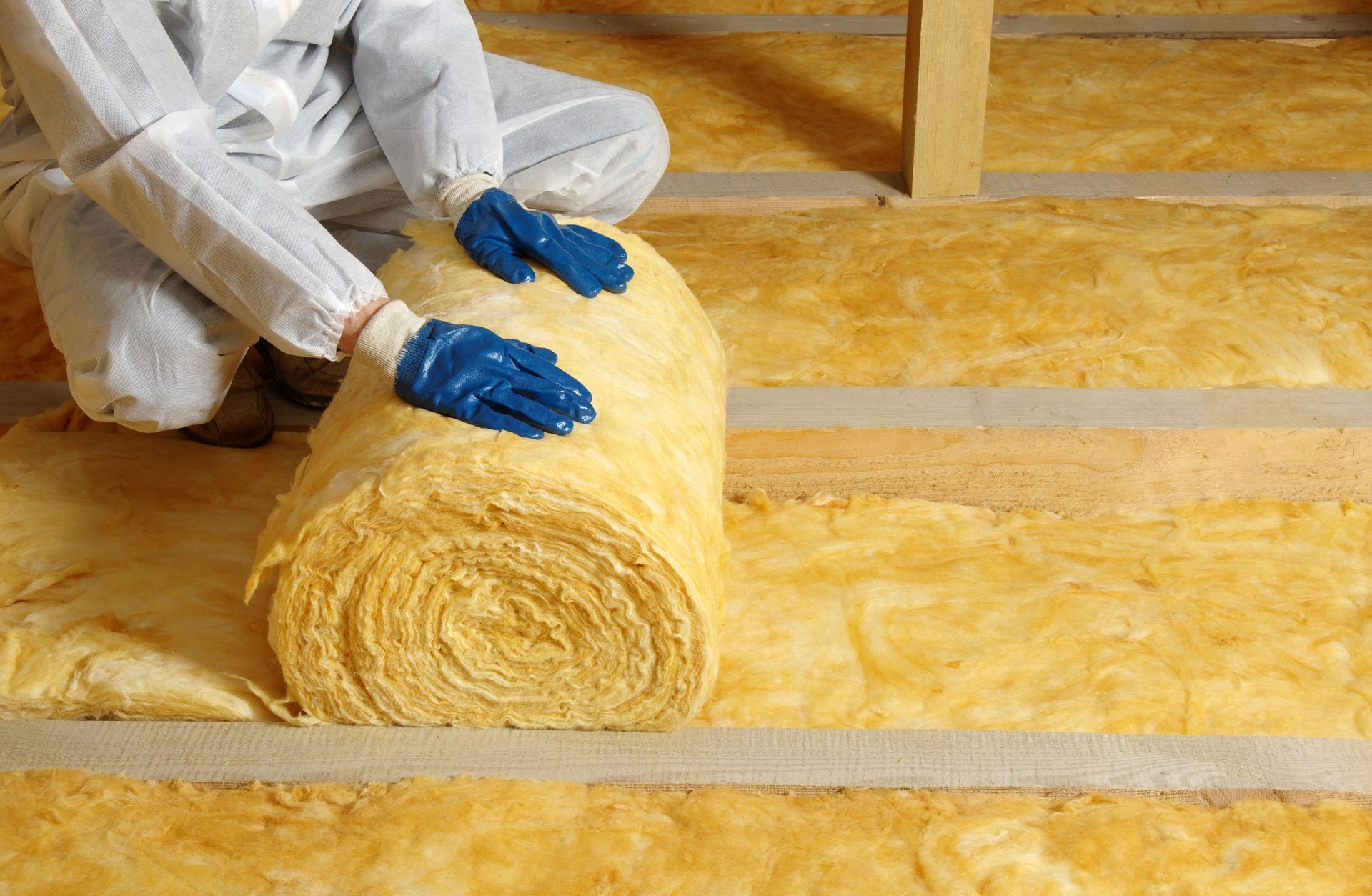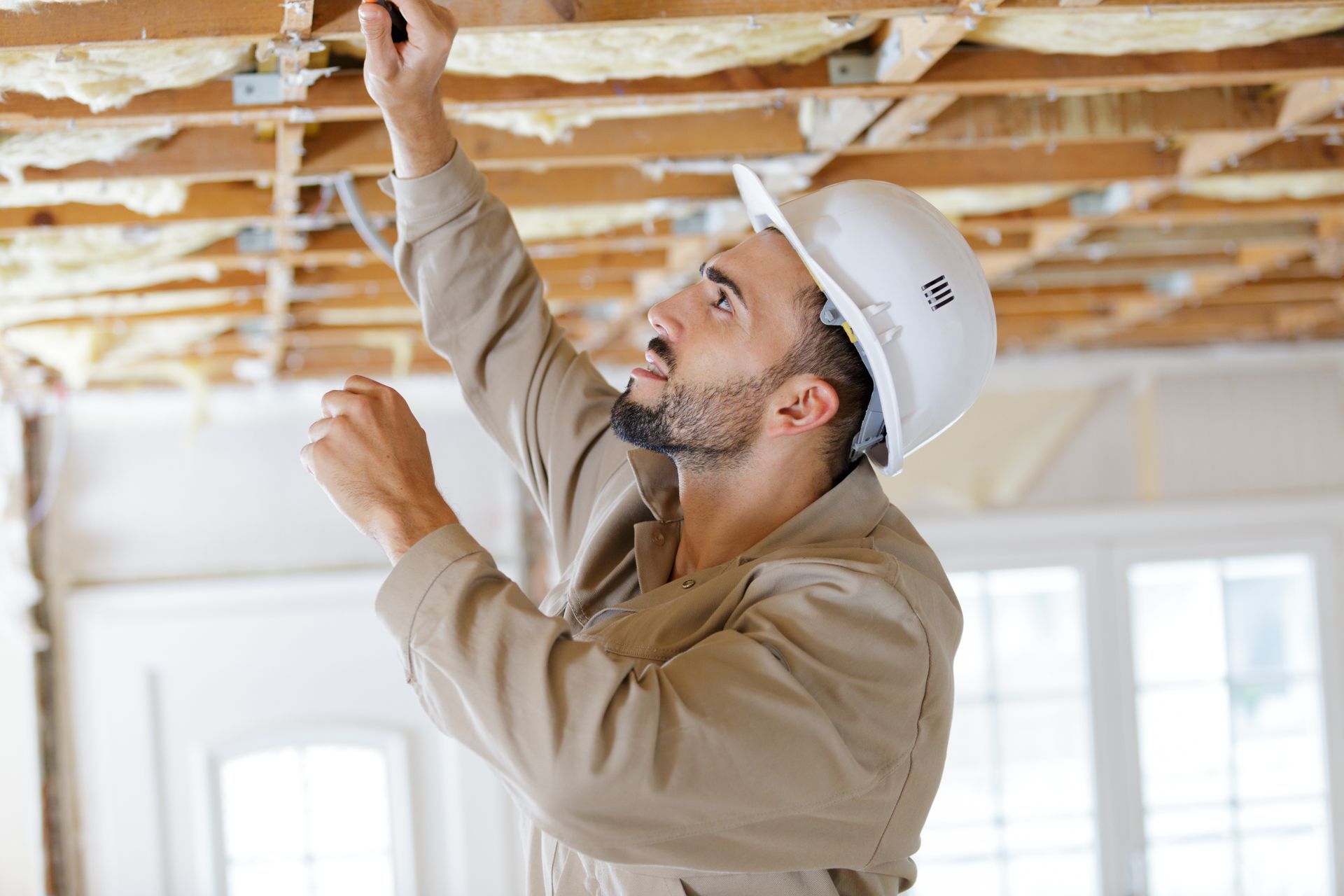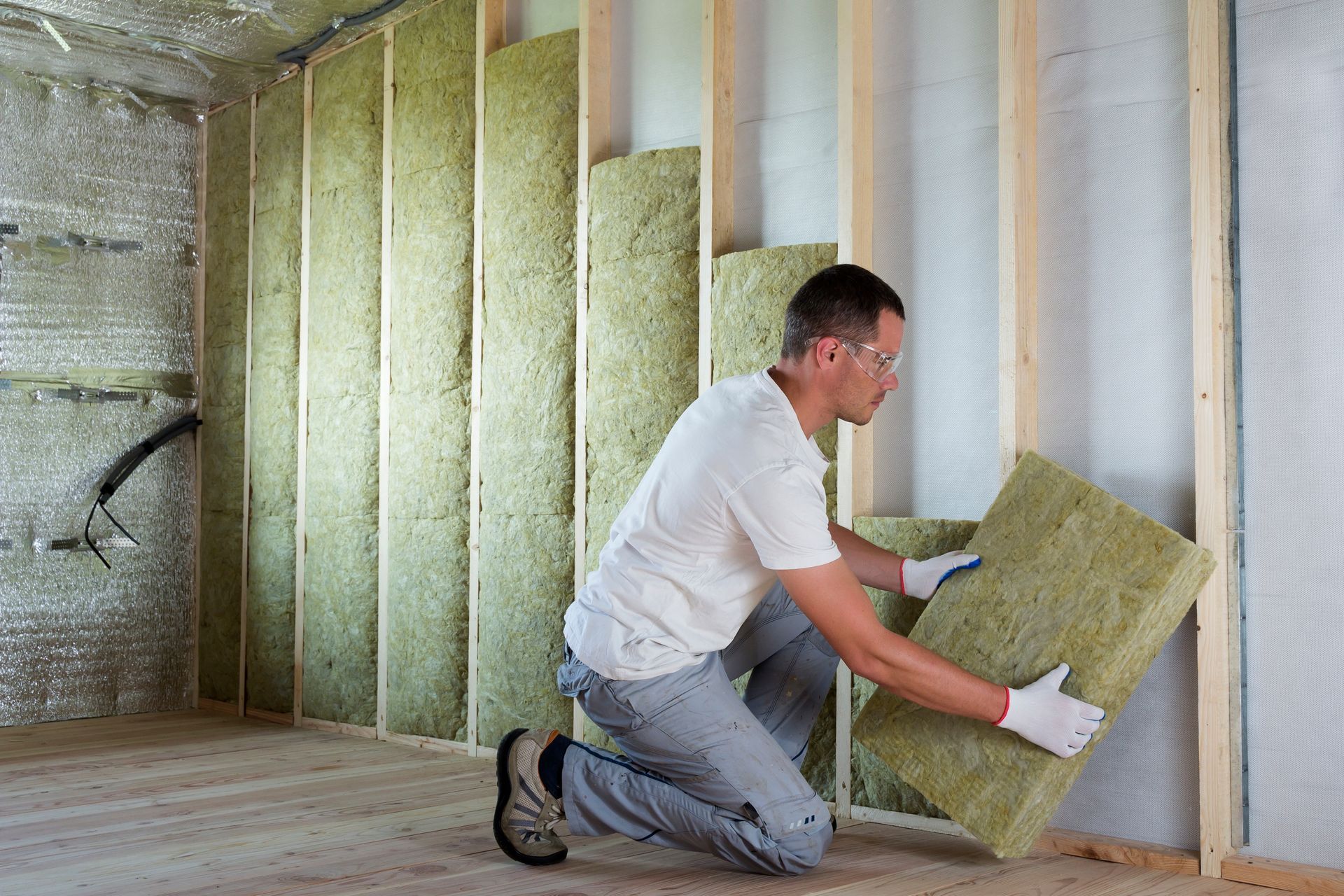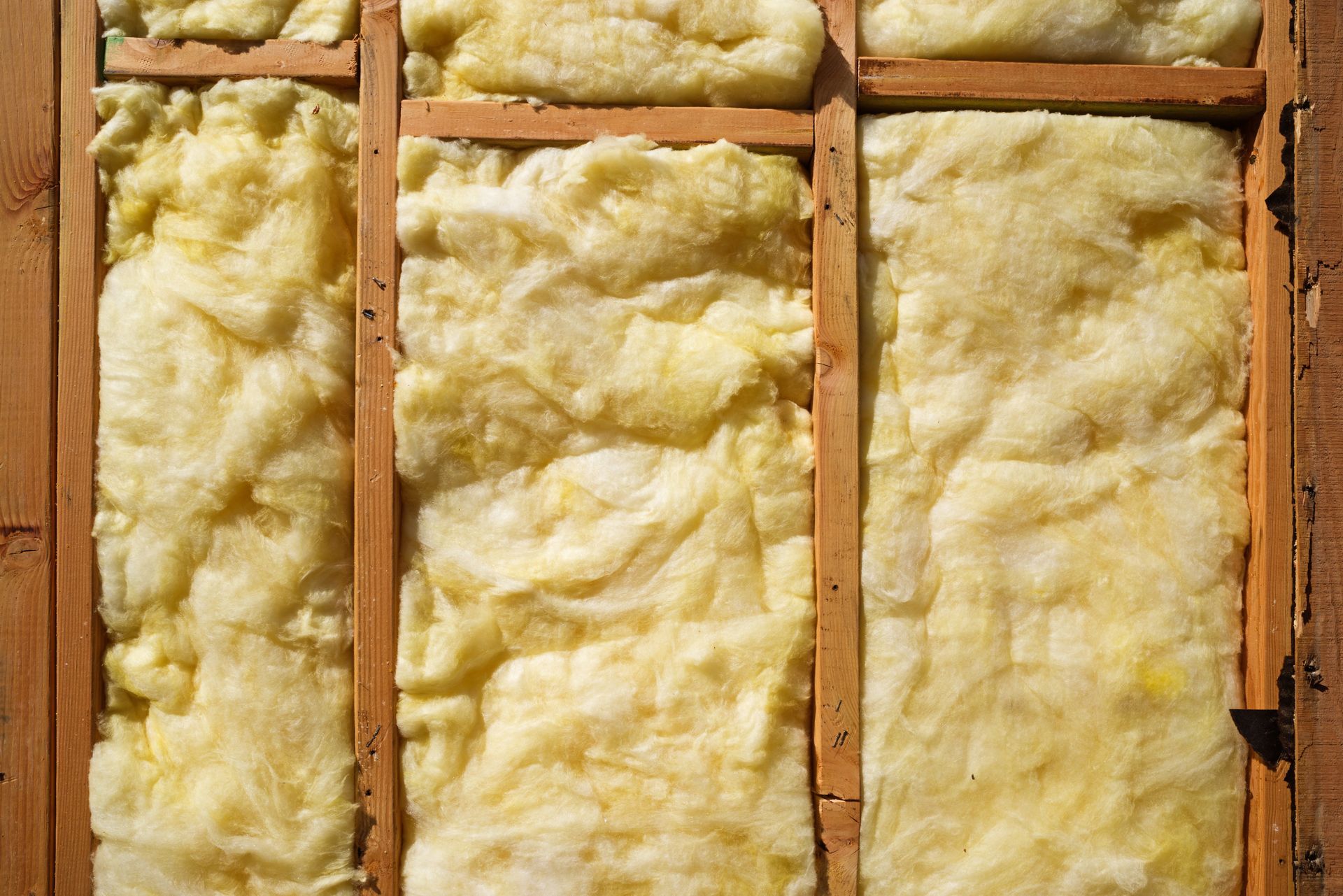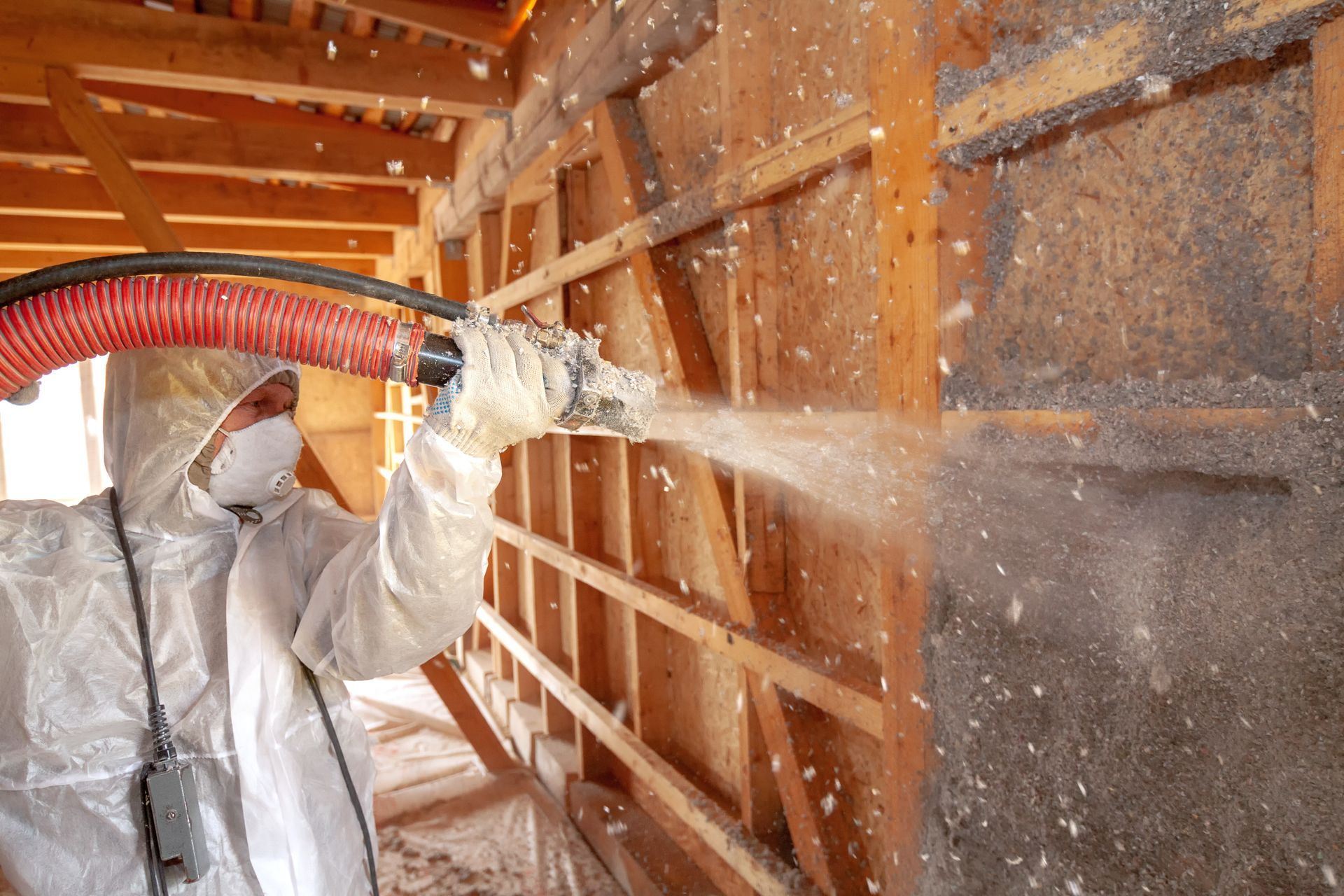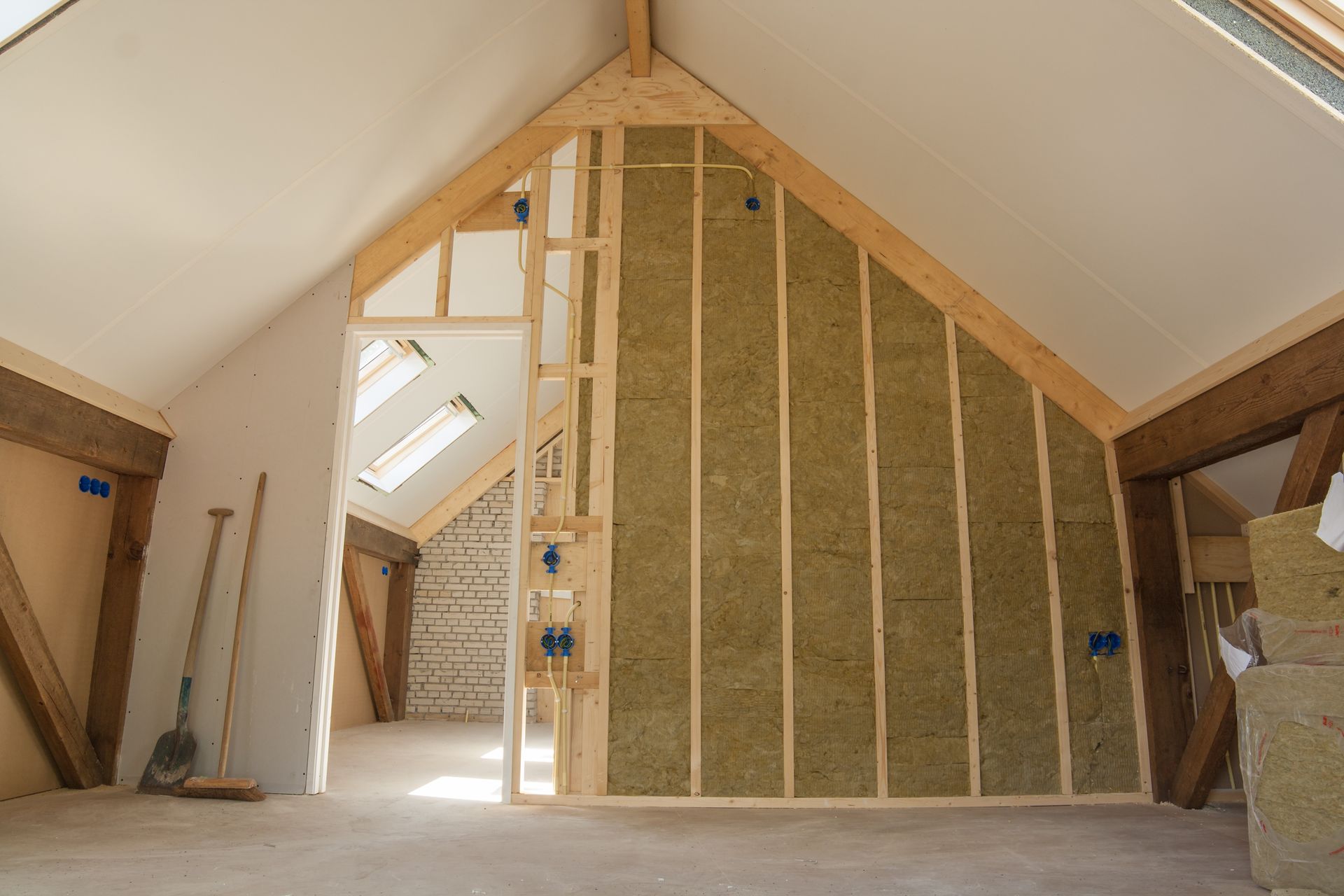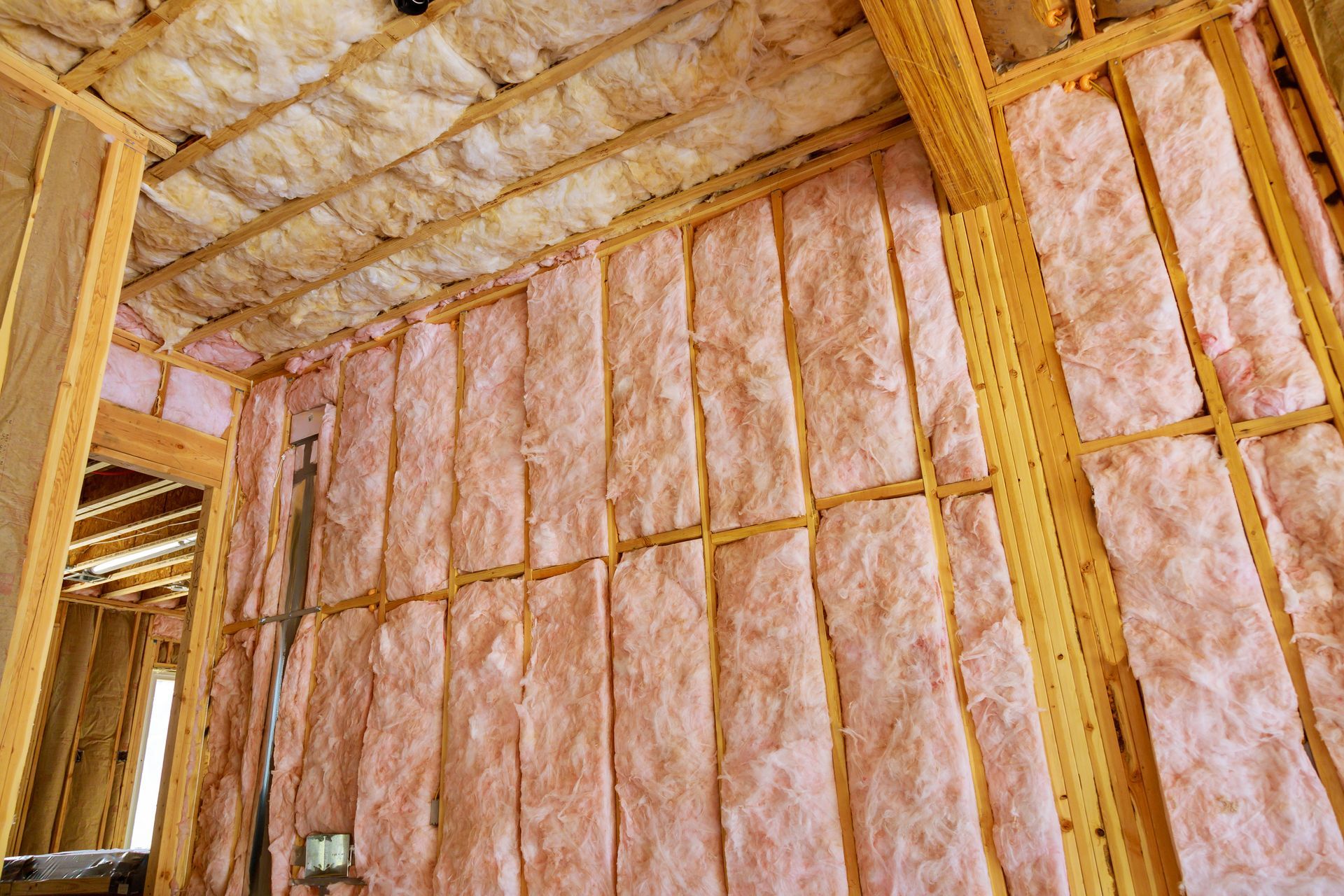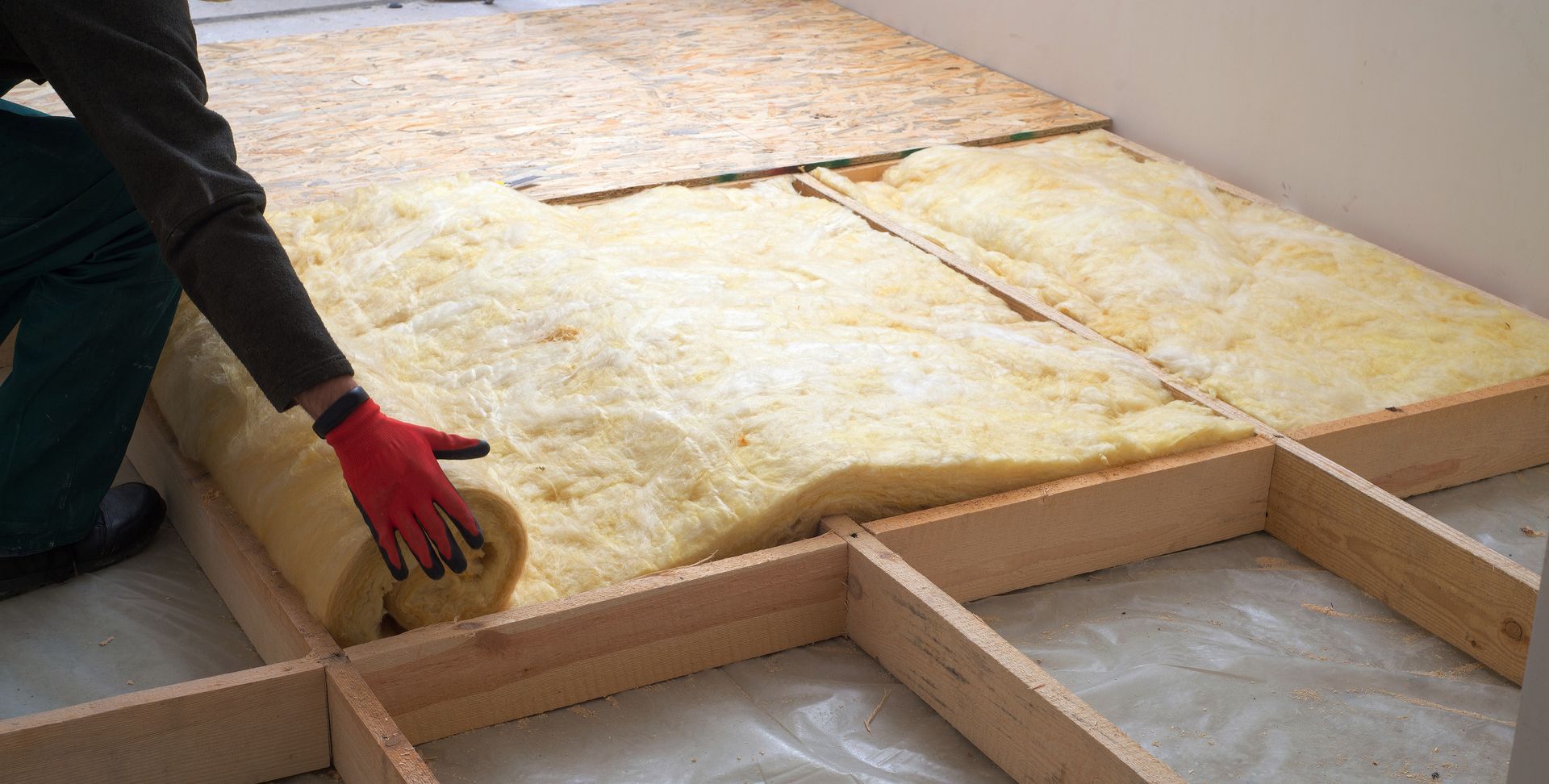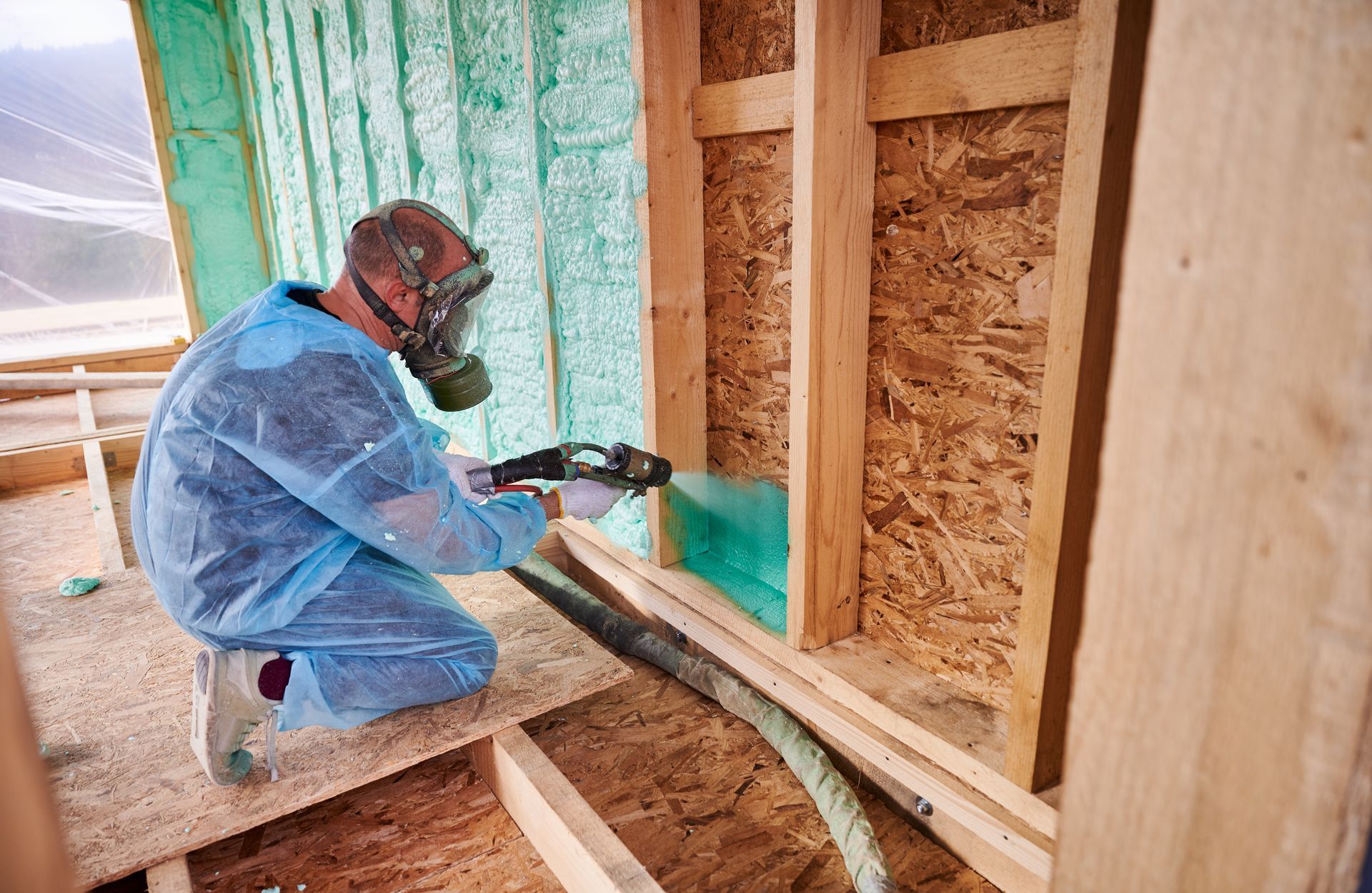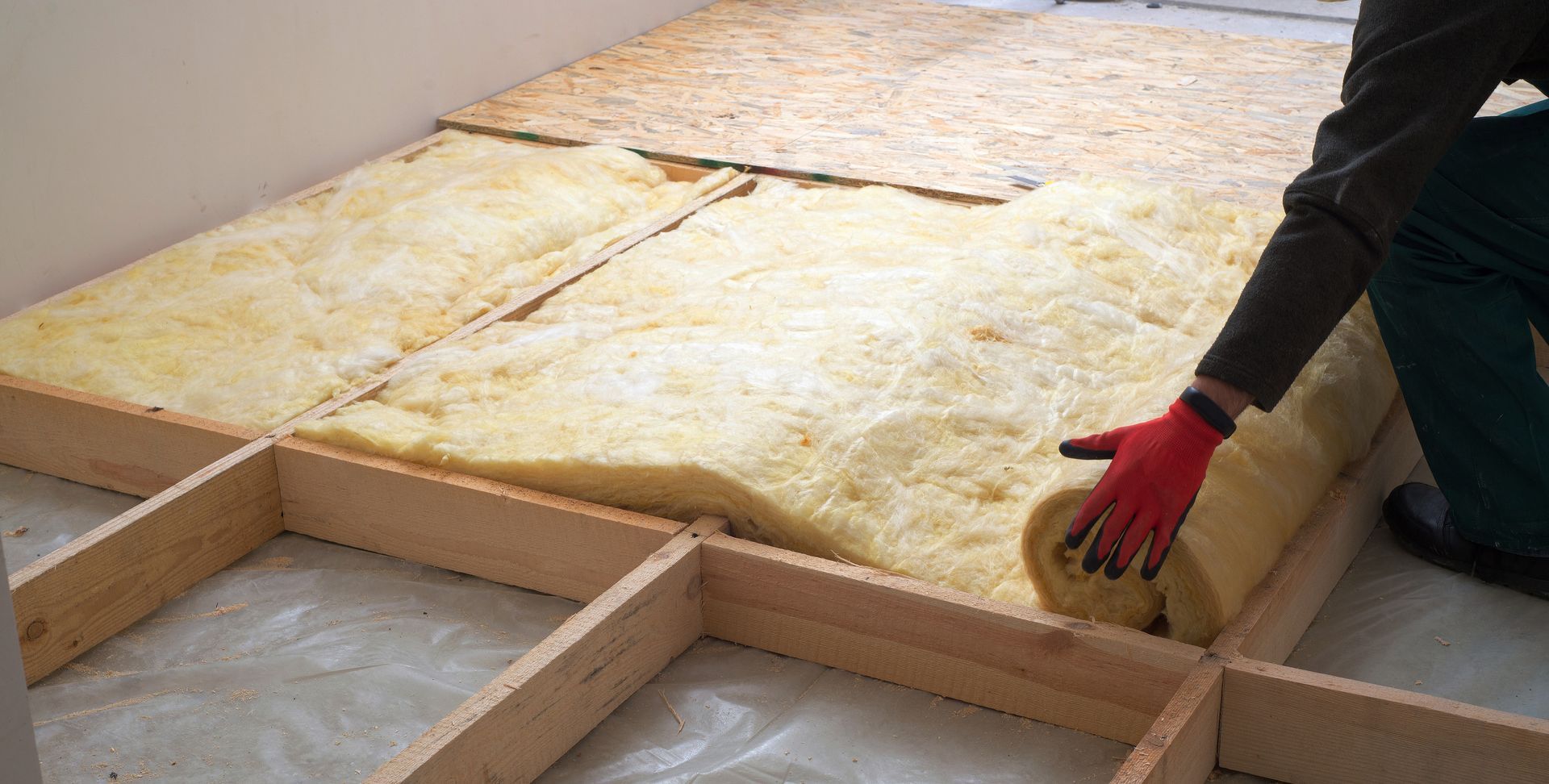The Importance of Attic Insulation: Keeping Your Home Warm in Winter
Winter can be a magical season, but it also brings plummeting temperatures that can challenge the warmth and comfort of your home. Amidst the gusts of frosty air, attic insulation serves as a vital barrier that shields your living spaces from significant heat loss. This often underestimated aspect of home maintenance not only ensures a cozy winter haven but also contributes to long-term energy savings and environmental responsibility.
Attic insulation is much more than just a passive layer of cushioning; it's an investment in comfort and sustainability. Let's deep dive into the warm layers of your attic and discover why this humble home feature is a cornerstone of winter protection and energy efficiency.
Why is Attic Insulation Important?
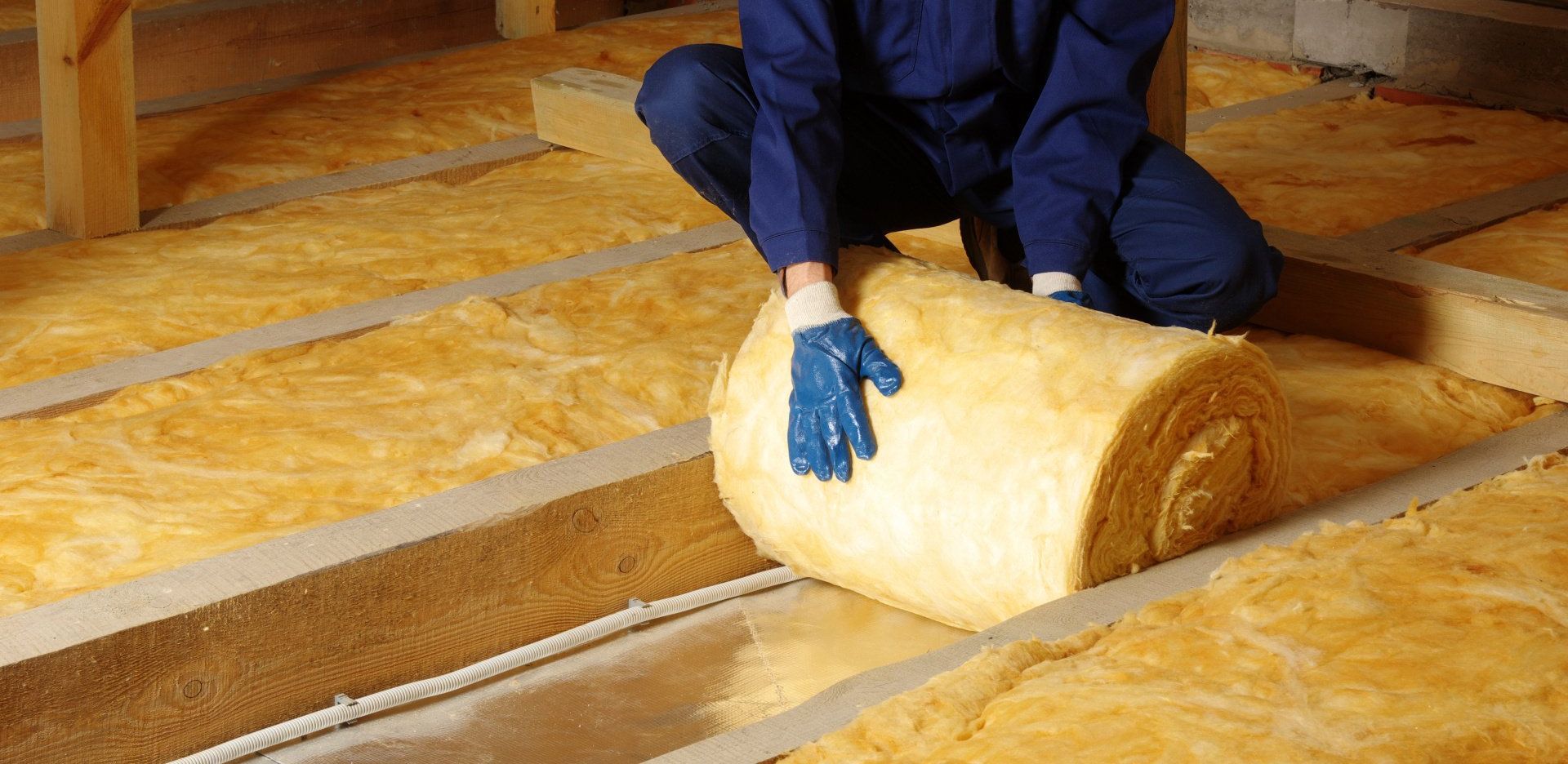
If you've ever stood next to the wall during a freezing winter day, you'll understand the pressing need for insulation. The attic, however, is a unique space; it's the apex of your home where rising heat accumulates before sneaking out through every available nook and cranny. Without proper insulation, this upward heat movement, known as convection, creates a continuous exchange of cold and hot air, resulting in an inefficient battle against the winter elements.
Efficient insulation works by slowing down this process, effectively containing heat within your living areas. According to the U.S. Department of Energy, a well-insulated attic can cut your heating costs by as much as 30%. The financial benefits are clear, with insulation usually paying for itself within a few years through reduced energy expenses.
Types of Attic Insulation
When it comes to choosing attic insulation, a variety of materials stand at your disposal, each with its unique set of advantages and applications. From the familiar fiberglass to the high-performance spray foam, selecting the right type of insulation for your attic is crucial for efficient heat retention.
Here's a glimpse at the common types:
- Fiberglass Insulation is one of the most widely used and cost-effective options, offering decent thermal resistance.
- Cellulose Insulation is often made from recycled materials and can be blown into attics to fill even the smallest gaps effectively.
- Spray Foam Insulation provides an airtight seal and excellent thermal resistance, but at a higher price point than other materials.
- Mineral Wool Insulation is flame-retardant and moisture-resistant, making it suitable for attics with high humidity levels.
The right choice depends on factors such as your budget, the climate you live in, and the layout and accessibility of your attic.
Benefits of Attic Insulation
Beyond the immediate impact on your heating bills, proper attic insulation yields a host of benefits that extend to your home's overall well-being. Here are some of the standout advantages:
- Enhanced Comfort: An insulated attic maintains a more consistent indoor temperature, ensuring your home feels cozy without the chilling drafts.
- Soundproofing: Insulation has the added benefit of muffling noise from the outside, which can be particularly advantageous in urban environments or near busy streets.
- Longevity of HVAC Systems: Reduced workload on your heating system means less wear and tear, potentially leading to a longer lifespan and fewer maintenance issues.
- Environmental Impact: By decreasing your energy consumption, proper insulation contributes to a lower carbon footprint, aligning with global efforts for sustainability.
Signs of Inadequate Attic Insulation
Knowing when your attic insulation is no longer up to par can save you from enduring a winter of discontent and inflated energy bills. Look out for these telltale signs:
- Drafts and Uneven Heating: Is one room significantly colder than the others? This could be due to heat escaping through the attic.
- High Energy Bills: A noticeable spike in energy costs without a corresponding increase in usage is often a red flag that your home isn't retaining heat efficiently.
- Ice Dams: These ridges of ice that form along the roof's edge indicate poor insulation that allows warm air to melt roof snow, leading to refreezing and potential water damage.
- Pests and Mold: Inadequate insulation can create moisture issues, fostering the growth of mold and creating an inviting environment for pests.When it comes to insulating your attic, working with a professional insulation company can offer numerous benefits. Here are some reasons why you should consider their expertise:
Why You Should Hire the Pros When Installing Attic Insulation?
Professional insulation installation offers a level of precision and expertise that guarantees the best performance and longevity for your attic insulation.
- Efficiency: Professional insulation companies have the knowledge and experience to assess your attic's insulation needs accurately. They will ensure that the insulation is installed correctly and at the recommended depth for optimal energy efficiency.
- Quality Materials: Insulation professionals have access to high-quality materials that may not be readily available to homeowners. They can recommend and provide insulation products that are durable, effective, and designed to meet your specific needs.
- Time and Convenience: Insulating an attic can be a time-consuming and labor-intensive task. By hiring professionals, you can save valuable time and effort. They will handle the entire process, from assessing your attic to installing the insulation, leaving you with more time to focus on other important tasks.
- Expertise and Safety: Professional insulation companies have trained technicians who are knowledgeable about the latest techniques and safety guidelines. They can ensure that the insulation installation is done safely and in compliance with industry standards, giving you peace of mind.
Remember, when it comes to insulating your attic, working with professionals can provide you with superior results and make the process much smoother.
Additional Tips for Energy Efficiency
While attic insulation is a significant contributor to home heat retention, it's not the only player in the energy efficiency game. Here are some supplementary tips to reinforce your home's winter defenses:
- Seal Air Leaks: Gaps around windows, doors, and electrical outlets can significantly contribute to heat loss. Use caulk and weather-stripping to seal these areas securely.
- Upgrade Windows: If your budget allows, consider installing energy-efficient windows that are designed to prevent the transfer of heat.
- Programmable Thermostats: A smart thermostat can optimize your heating system, ensuring you're not wasting energy when you're not at home or when you're asleep.
Your attic may be out of sight, but its role in the overall warmth and energy efficiency of your home should not be out of mind. As we've explored, good attic insulation is a doorway to a winter that's both snug and sustainable. So as the snow begins to fall, consider the insulation in your attic and its potential for keeping your home a haven in the cold season.
If you're ready to take the plunge and upgrade your attic insulation, you're not just investing in your comfort—you're investing in the future of your home and the planet. With so many benefits at stake, there's never been a better time to ensure that your attic insulation is up to par.
